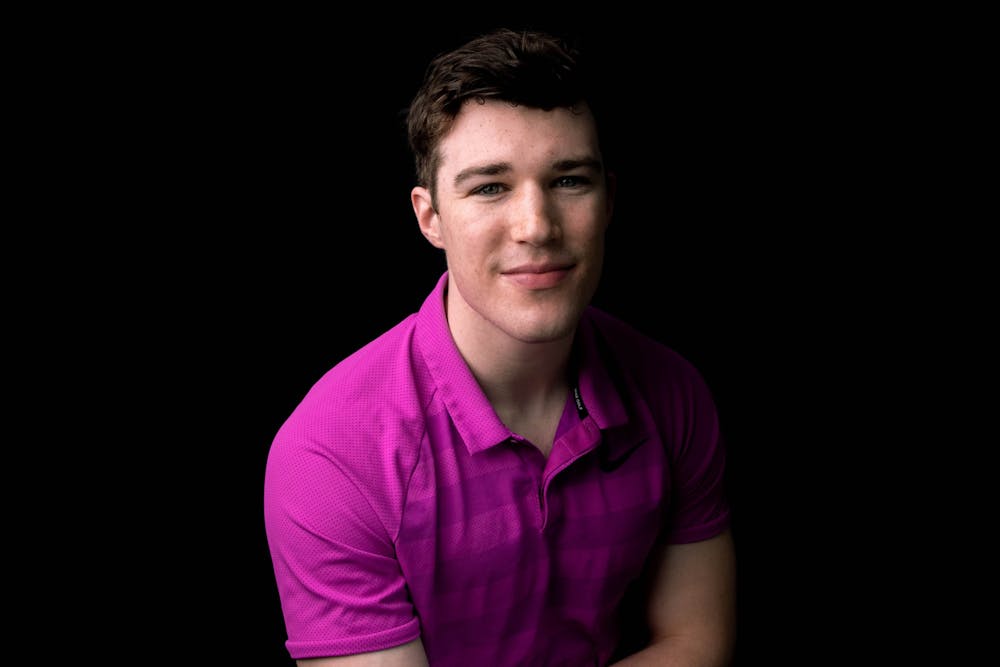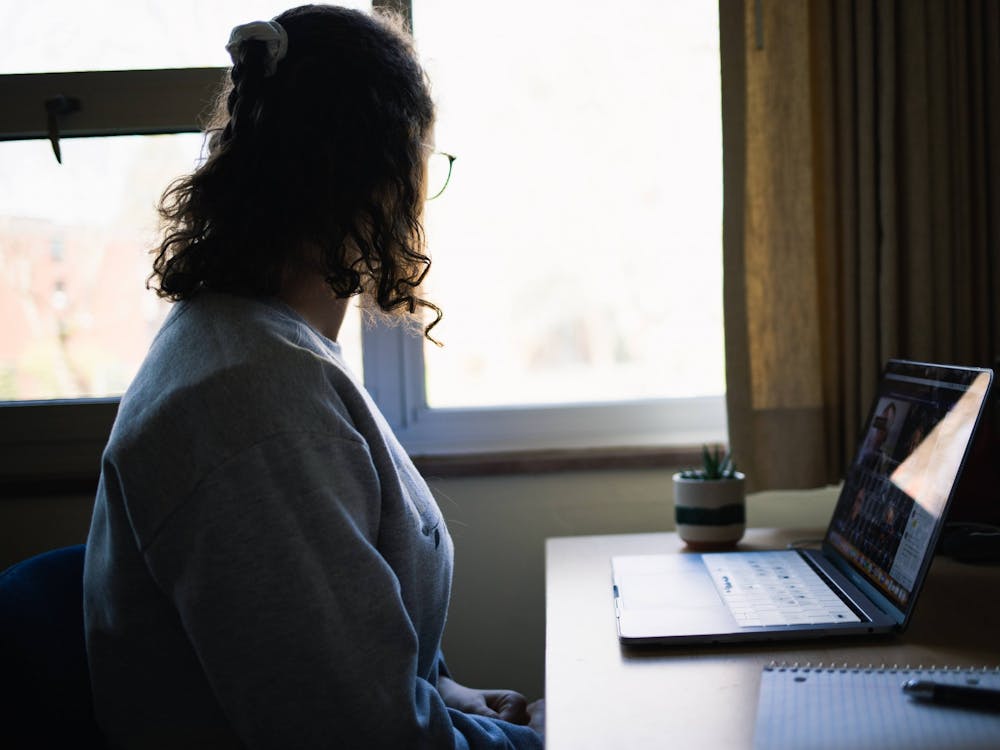Over the last few weeks, it’s amazing how quickly COVID-19 has absolutely overwhelmed every aspect of our social lives (or lack thereof, now). For the last week of school, every class started (at the very least) with a discussion about the most current updates, and it was the only subject my friends and I could talk about. Three weeks later — not that I am able to keep track of time anymore — the novelty (no pun intended) of the situation has worn off slightly. My friends and I are back to discussing other topics and I am again able to focus on totally unrelated classes like Criminal Constitutional Procedures.
However, that is not to say COVID-19 has lost my attention. Most of the news (and memes — shoutout to the UP meme page on Facebook) I consume is still about COVID because it’s most of the news being produced right now. I’m not going to lie — I enjoy reading about the pandemic in the news. Don’t get me wrong — I don’t enjoy the fact that a pandemic is happening in the first place — but this is a historic moment we are living in and it is incredibly interesting to see the rapid governmental and societal responses to the problem at hand. Never mind the fact that, in a matter of a couple of weeks, the federal government pumped out a $2 trillion stimulus package to try and offset the effects of the nationwide economic shutdown.
What is more impressive is that the people of this country and countries worldwide are all banding together by not banding together. Human behavior is hard to change, but because of the seriously pressing nature of the COVID-19 pandemic, individuals are making huge personal sacrifices (voluntarily or not) for the good of the global population. Popular culture has adapted to social distancing at the drop of a hat. Complying with shelter-in-place and health guidelines has become the new norm, and suddenly it’s trendy to #stayhome (not that it ever wasn’t).
This all shows how, when we really are all motivated, we can shift our lifestyles, our policies and our economy to overcome even the most challenging obstacles. We will, at some point, be on the other side of this pandemic. At that point, though, we shouldn’t simply go back to how we lived before. Instead, we should transition our fervor for overcoming COVID-19 to another paradigm-shifting issue that isn’t going away nearly as soon: climate change.
No, climate change isn’t threatening to kill (in a worst-case scenario) over 100,000 Americans in the coming months. No, climate change isn’t going to threaten your ability to breathe properly if you come in contact with it (not today, at least). But yes, you should be every bit as concerned (but not panicked) about climate change as you are about COVID-19. While climate change won’t necessarily kill you, it will kill others. In a 2018 WHO report, it found that “between 2030 and 2050, climate change is expected to cause approximately 250,000 additional deaths per year, from malnutrition, malaria, diarrhea and heat stress.” The frontline communities of climate change are primarily developing equatorial and tropical populations who are less capable of adapting to the various hazards climate change will create. While the U.S. will face the consequences of a warming world, it won’t nearly be as in our facemask as COVID-19 is like it will be for developing countries.
I don’t want to spend time detailing the effects of climate change to convince you it’s a serious issue. There’s enough easily accessible information that it should be everyone’s job to at least superficially educate themselves on the topic. I do, however, want to highlight the fact that COVID-19 and climate change aren’t so different. COVID-19 is killing people today — climate change will kill people in the future. COVID-19 is disrupting our lives today — climate change is disrupting our lives in the fu- actually, climate change is disrupting our lives today, and it will only get worse.
Climate change, like COVID-19, will have pervasive effects on the health of humans — both physically and economically — as well as the environment and the rest of the creatures on this planet. Every year we waste by not taking unified action to stop it makes it that much harder to flatten the climate curve. We, right now, are living in a period that will serve as proof we can work as a cohesive society to solve complex and dangerous global issues. Once this is over, and it will be over, let’s not lose our momentum. Let’s take our enhanced sense of civic duty and unity and let it bleed into advocating for and participating in a transition to a more sustainable world.
Connor Lorber is a senior economics major and can be reached at lorber20@up.edu.








